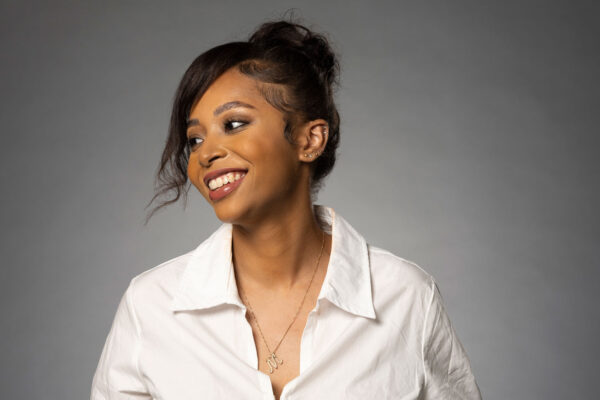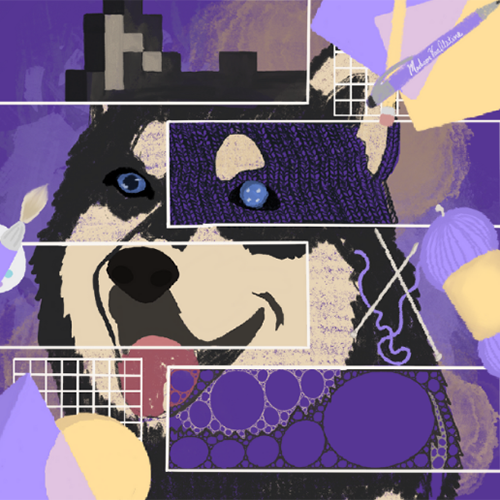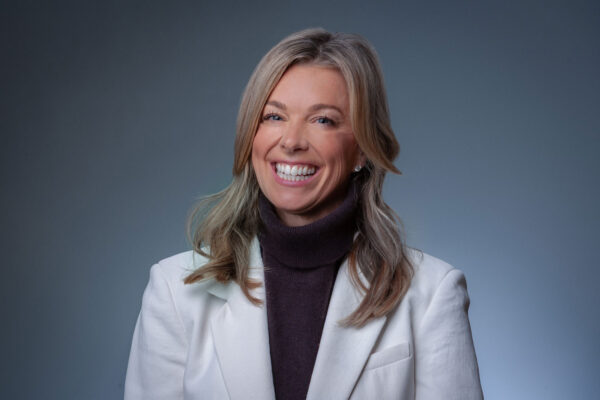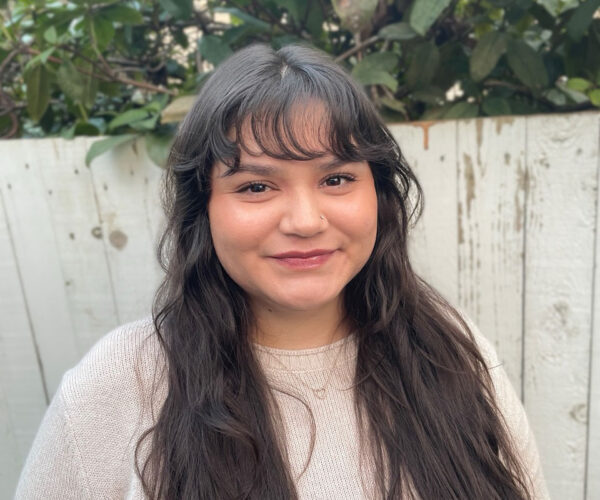My first day at the University of Washington Bothell was filled with nerves and uncertainty. It was the spring of 2024, and after four years of being away from an in-person classroom due to the pandemic, I stepped onto campus, wondering if I truly belonged. I measured and sized myself up, questioning if I was capable of being back in a shared learning space. The unfamiliarity of the campus only added to my anxiety.
I felt like I was in the winter of my life when I chose to apply to the UW. Before that, I lived in a haze of uncertainty, constantly measuring myself against societal ideals and pressures I couldn’t escape. I scrutinized my accomplishments, my body and my self-worth, questioning if I was enough.
But becoming a Husky brought clarity and transformation, helping me redefine my value and my future. UW Bothell gave me the space to rediscover my voice and reignite my spark. As a first-generation college student, stepping onto campus was overwhelming. The challenges of navigating higher education felt like stepping into an uncharted maze. Yet, despite long nights battling anxiety and moments of doubt, I found resilience within myself.
Engaging in a nonprofit community-based family practice, I witnessed firsthand the care gaps experienced by minority patients, which intensified my commitment to community psychology and raised my awareness of mental health disparities. For me, psychology transcends being a mere subject; it is a wellspring of intellectual stimulation that challenges conventional perceptions of mental health. Studying the intricacies of the mind and behavior fuels my eagerness to learn and understand, motivating me to pursue a degree in Psychology with unwavering enthusiasm.
I turned my hardships into purpose — designing a culturally responsive psychology textbook, creating Mak’s Community Corner to uplift the unhoused and advocating for Black students through my work as an outreach officer for the Black Student Union. My leadership skills were continually developing at each officer or club meeting. I also participated in other clubs, including Helping Hands where I found community and further growth.
Through all of this, I learned how to lead with both heart and humility. Whether I was facilitating outreach projects, engaging with fellow students in club spaces or participating in Helping Hands, my leadership was continually evolving.
Whether I was drafting poems for class or working on my psychology textbooks, I found that both poetry and textbooks were powerful sources of creativity that helped me connect deeply with my courses. Storytelling — in all its forms — became a thread that kept me grounded and inspired. These experiences helped shape the person I am today — someone unafraid to speak up, innovate and care deeply.
Being accepted as a Husky wasn’t just a milestone but a second chance to rewrite my story. The pandemic had placed my life in a holding pattern, isolating me from traditional college experiences. When I finally stepped onto campus after several years of online learning through a community college, I was ready to break free.
One of my proudest achievements was collaborating on and self-publishing a psychology textbook focused on decolonizing mental health in local communities. The process was challenging but rewarding. I conducted thorough research, learned the technical aspects of self-publishing and ensured the content reflected diverse cultural perspectives. Despite self-doubt, my professors and peers fueled my determination to see the project through. This deepened my understanding of psychology and reinforced my commitment to challenging traditional academic norms and empowering marginalized communities.
Being named to the Husky 100 is an incredible honor, but it’s also a reflection of the community that helped me thrive. My professors saw potential in me, even when I doubted myself. My peers challenged me, collaborated with me and reminded me that I was never alone. And my family, though unfamiliar with the college experience, supported me with unwavering love and pride.
But just before receiving the news about the Husky 100, I experienced a setback that left me questioning everything. An internship I had prayed and prayed for — one I had dreamed of since being a teen participant in the program more than a decade ago — unexpectedly fell through. I was devastated. But in that quiet moment, I reminded myself: It’s OK not to know the next move. It’s OK to sit with uncertainty.
I withdrew from the program with a heavy heart, only to receive an email later that same day about the Husky 100 application. I saw it as a sign. I reached out to my mentors and community leaders for references, and to my surprise, one of them had applied to the Husky 100 back in 2015 when they were the same age and in the same position as I am now. Although they weren’t selected at the time, their words of encouragement and a heartfelt letter of recommendation helped open the door for me to be honored.
That, to me, is the full-circle power of community — when I win, my community wins, too. UW Bothell has been a place where I found my purpose, my voice and a renewed sense of belonging. From the anxious first step onto campus to the proud moment of being named to the Husky 100, my journey has been one of resilience, leadership and growth. I am grateful for the chance to rewrite my story and to inspire others to do the same.
Mak Leahemariam is a senior majoring in Psychology with a minor in Health Studies and is one of eight UW Bothell students selected as part of the Husky 100 Class of 2025. Every year, the University of Washington recognizes 100 undergraduate and graduate students from the Bothell, Seattle and Tacoma campuses who have made the most of their time at the UW — inside and outside the classroom.



